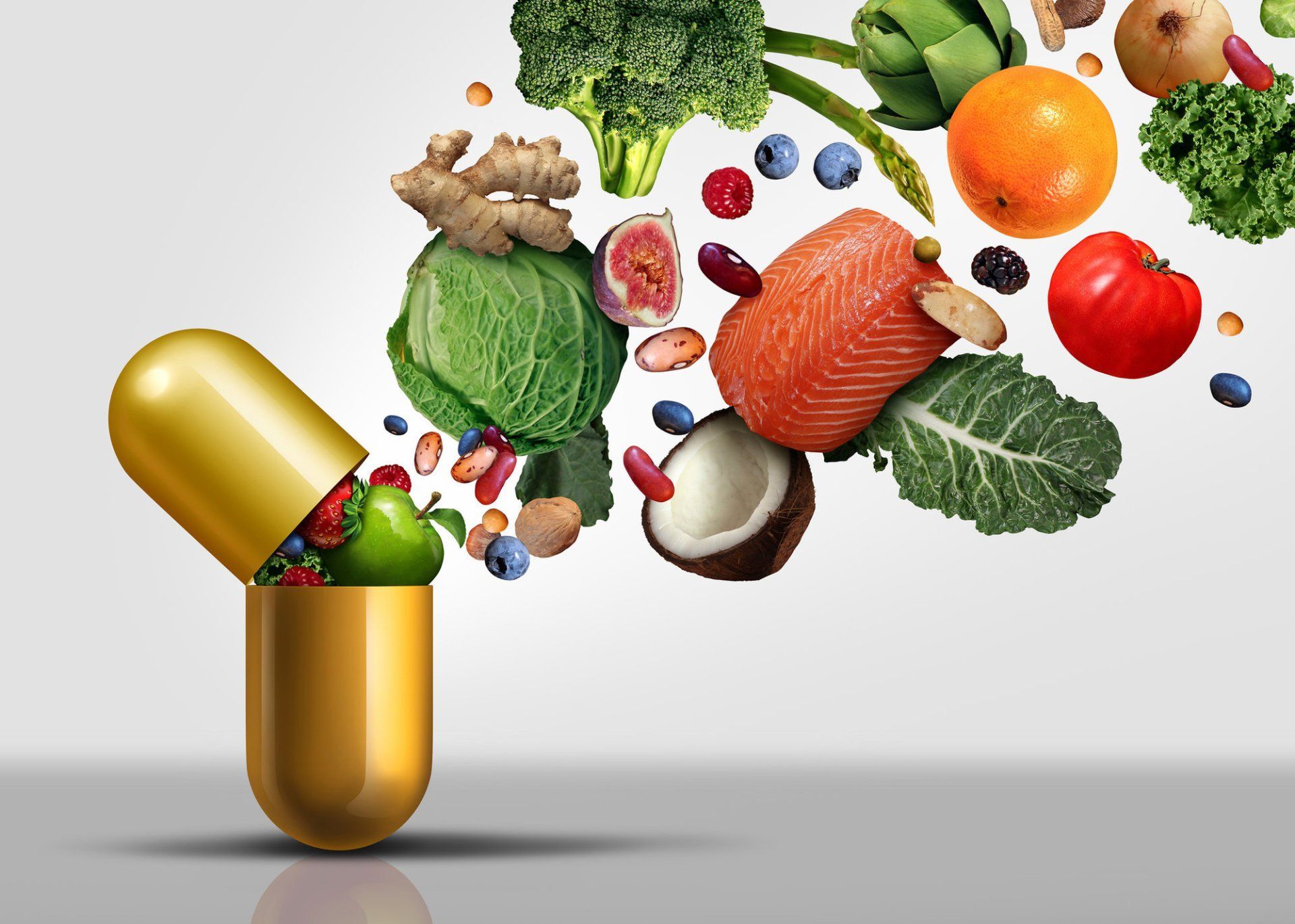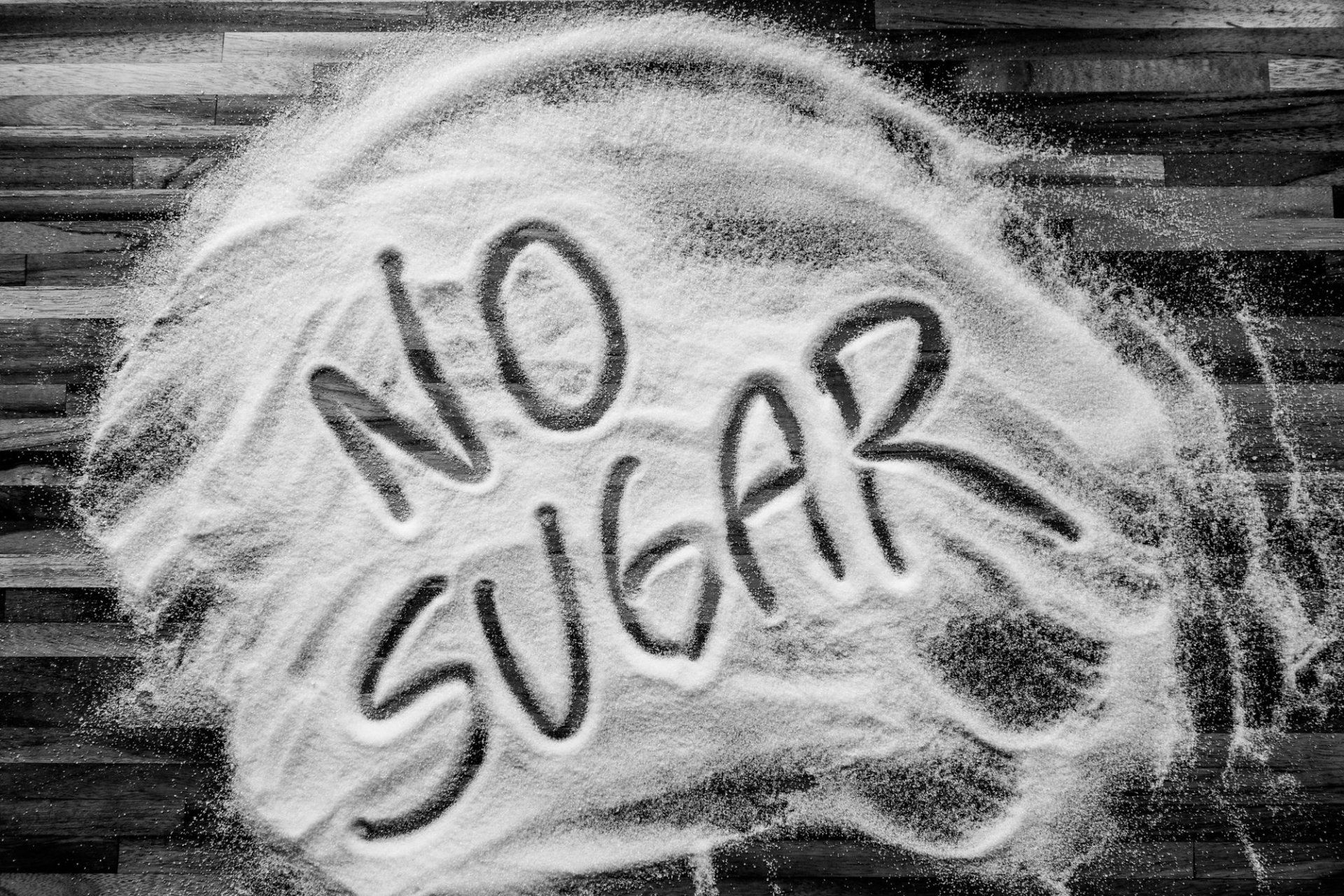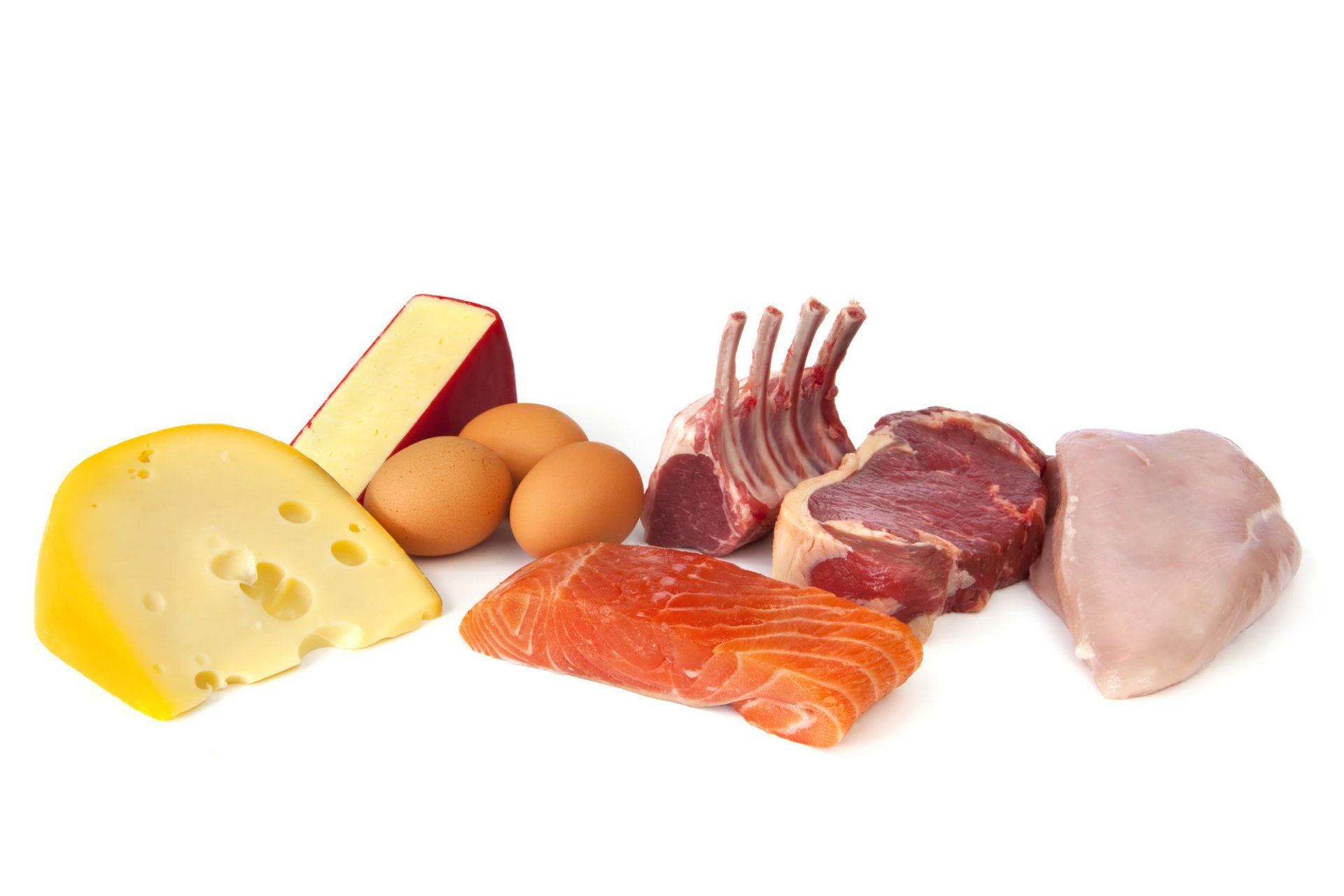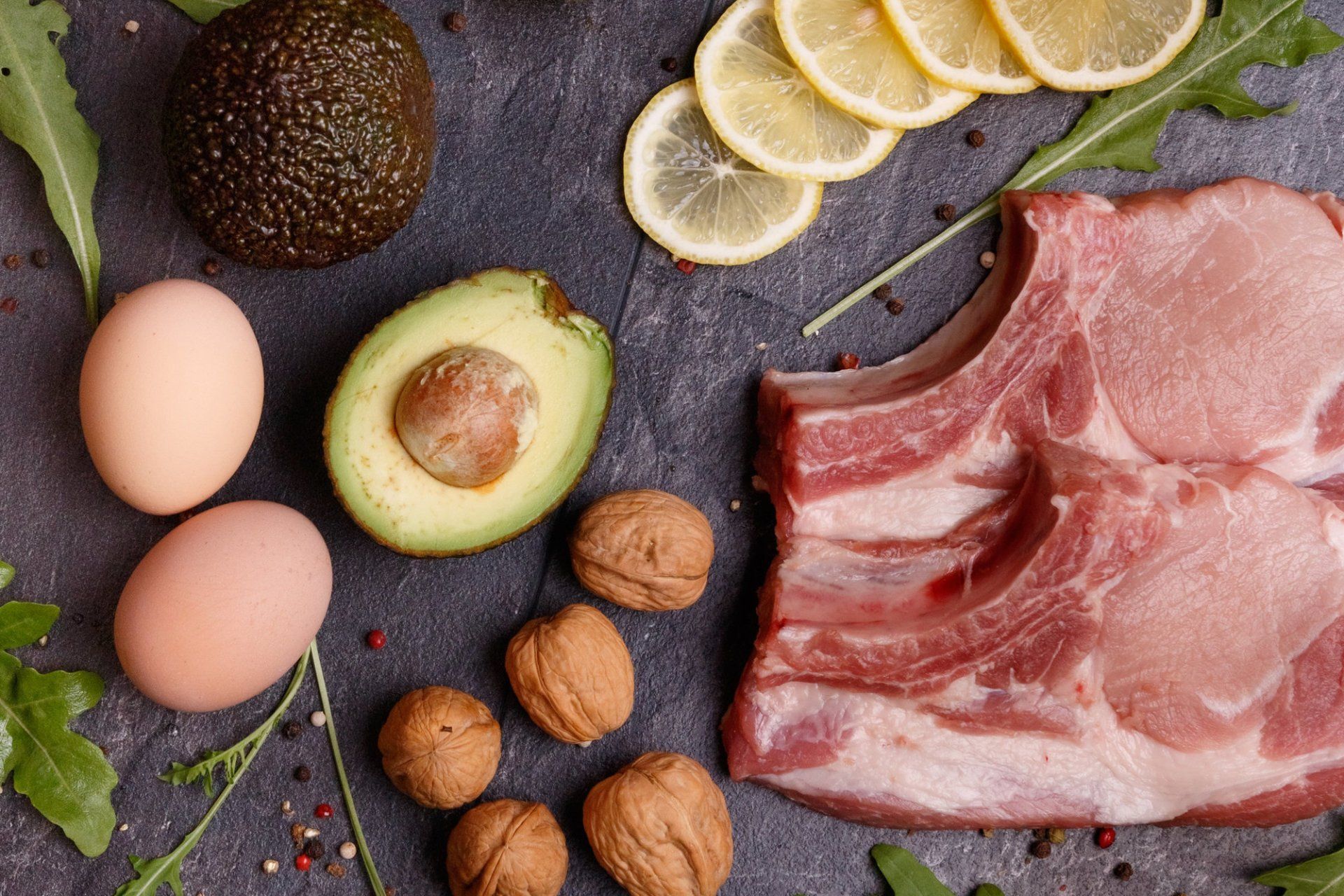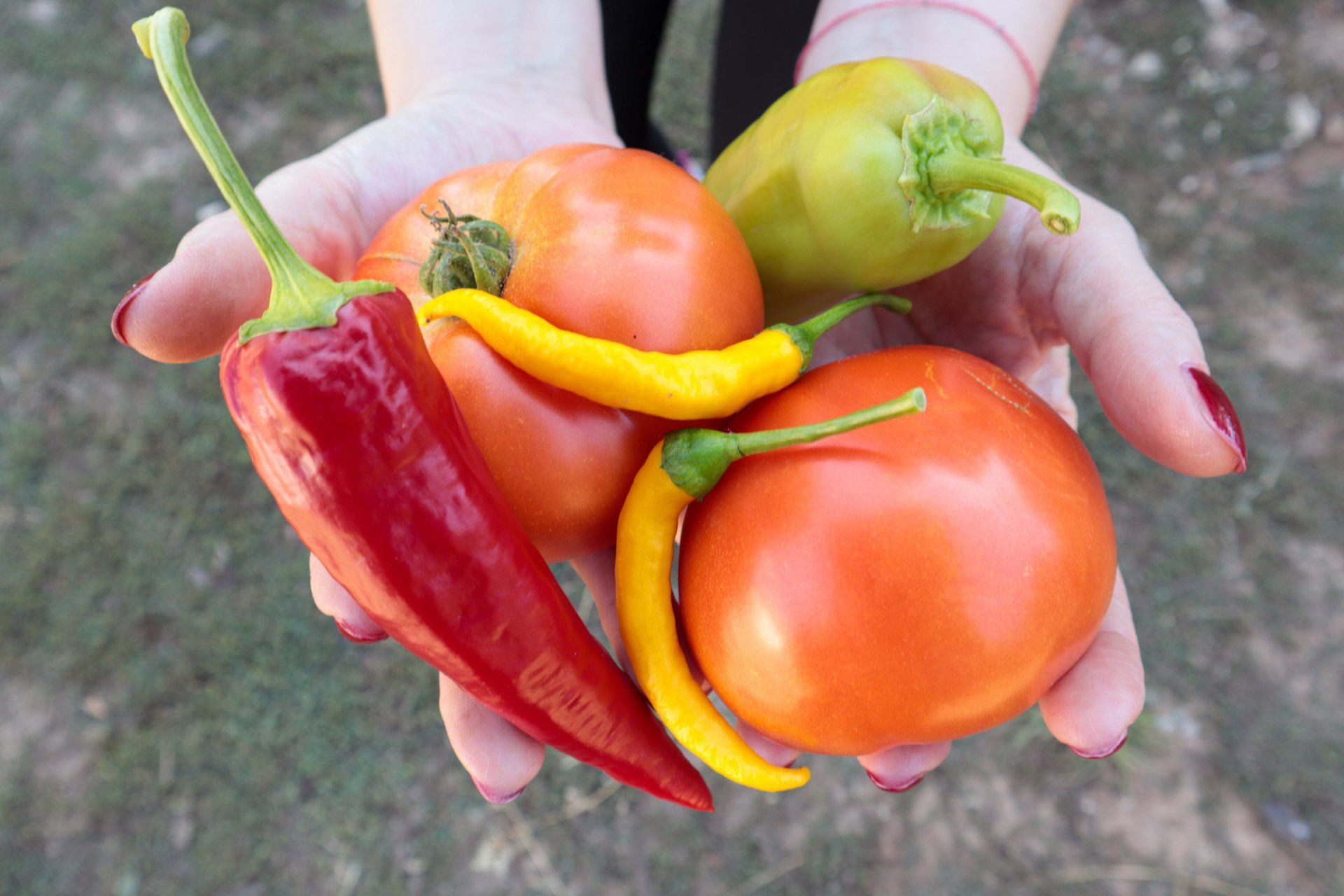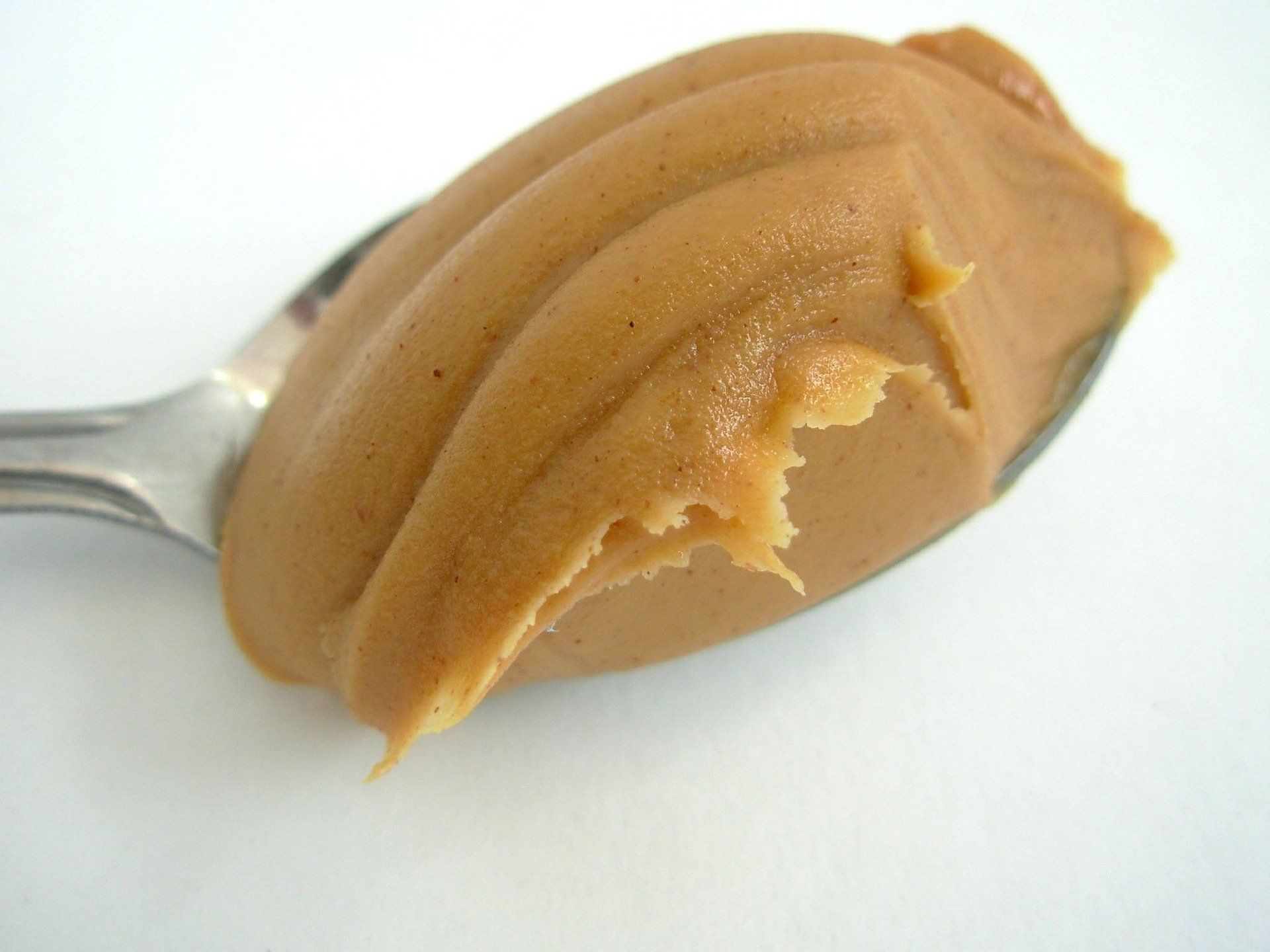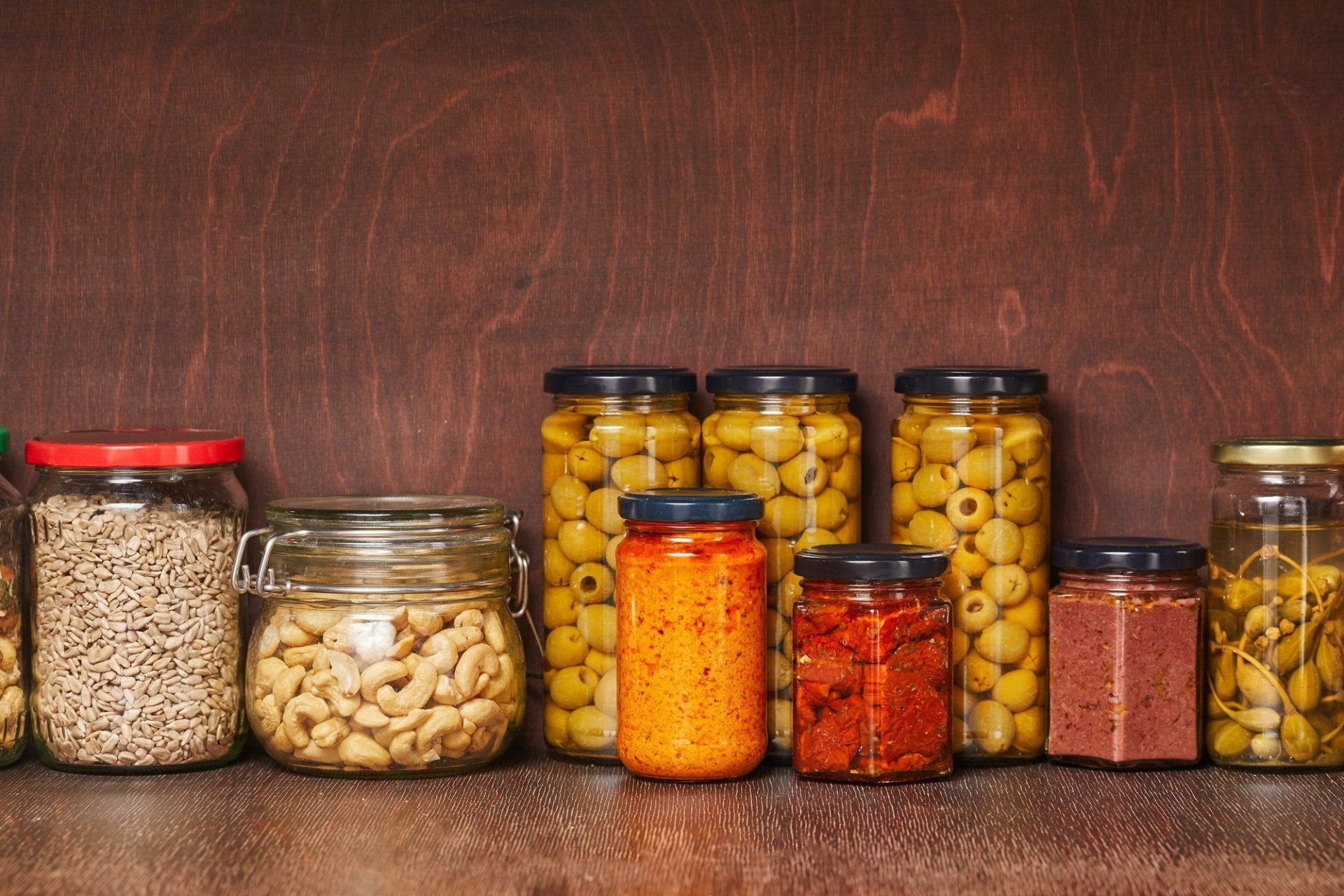Episode 2: Dispelling Keto Myths
On today's podcast
- A look back on the week: Traveling to Houston, TX for an obesity conference
- Product review for chocolate lovers: Real Good Foods
- Questions: Dispelling keto myths
A look back on the week
I was in Houston, TX for an obesity conference. Travel takes me out of my daily routine which presents challenges, as does returning to my routine. I was up early in the morning, in meetings all day and had food brought out to me.
I'd say I was 95% good. For instance, when they brought out breakfast, I would have eggs and bacon. Lunch would be a salad. And dinner was generally a piece of protein and veggies.
There were a few events that had alcohol and I probably drank a bit more than I normally would. I was also out invited out with colleagues to dessert. And in order to not be offensive, I did have a small, limited portion of dessert.
I don't normally eat that much, so upon return I had to reestablish my routine of planning and prepping my meals. And taking only what I need and not what I want. And I'm proud to say I'm back on track.
Product review for chocolate lovers: Real Good Foods
Real Good Foods specializes in low carb, keto prepared meals. One of my staff members brought it to me and asked me to review it on the podcast.
I tried two of their meals: pizza and enchiladas.
Both the crust of the pizza and the enchiladas shell was made of a thin layer of chicken. Each meal was 20g of protein and contained a total of 4g of carbs, 2 of which are from fiber making the net carb 2g.
These were excellent and tasted fantastic. They're available at most grocery stores or on Amazon. To see the full spectrum of their products you can visit Real Good Foods.
You can have this delivered to your door and their is a large variety. It makes things simple because it's pre-prepared and it's very low in carbs. I would say this is a real winner.
Dispelling keto myths
There are all these myths that get spread and I would like to address some of these. I've been doing this for 20 years and I've heard a lot of different things.
MYTH 1: Keto is bad for your health
There is a lot of confusion that happens here. People think that nutritional ketosis as a result of restricting carbs is the same as diabetic ketoacidosis (DKA). And the truth is, they are very different.
DKA is when a person cannot make any insulin and there is a severe acid base disorder. As a result there is a large amount of ketones in your bloodstream. This is vastly different from nutritional ketosis, where there is no acid base disorder and there are a limited amount of ketones in your bloodstream.
The latter is entirely safe and human beings have been living in ketosis for thousands of years on this planet. Prior to the modern area, humans ate animals and what they could grow. There was no refined sugar or grains in their diets. They were always in ketosis.
MYTH 2: Keto is unsustainable
Along those same lines, people who speak out against the keto diet say it's unsustainable long term. As mentioned, human beings ate this way for thousands of years. Keto allows for a large variety of food filled with fat and protein. And a quick internet search will show you there are alternatives to any food that you eat.
MYTH 3: You're always hungry on the keto diet
The polar opposite is true. This diet will make you feel full. This is the one diet where you don't deprive yourself and you won't feel hungry. It will maximize the satiety effect of what you eat.
MYTH 4: Keto is a high protein diet
The keto diet is a high fat diet with a moderate amount of protein and very little carb. You should focus on getting a lot of fat. Protein should account for only about 20% of your diet.
MYTH 5: There are only a few food options
Do a quick search and you'll see that is not true. There are alternative recipes to all your favorite dishes. You may have to put some effort into making the things that you want, but the options are out there.
That's it for our show. Stay tuned next week for another episode. Check out our blog post, Demystifying Keto Myths, for more detailed information on these and a few other myths.
And
send us your questions you'd like featured on an episode.
